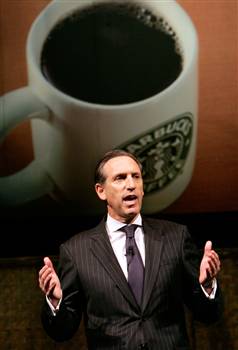 One of the recurring themes of crisis management is that most harm in a crisis is self-inflicted, either in the first instance or because of a late or weak response, or both.
One of the recurring themes of crisis management is that most harm in a crisis is self-inflicted, either in the first instance or because of a late or weak response, or both.
A second theme is that an effective response is often delayed by predictable mis-steps. Logos Institute has catalogued ten missteps that seem to be the common denominators of mis-handled crises. These ten missteps constitute predictable patterns that can be identified early and overcome, if only you know what to look for. One of these missteps is to ignore a problem that is otherwise evident.
A third theme is that these missteps are often caused or intensified by lack of humility among decision-makers.
These three themes were brought into sharp focus in today’s (Feb. 5, 2008) New York Times, whose business section has a detailed account of the missed warning signs at Société Générale, the French bank where a rogue trader cost the bank more than $7 billion.


